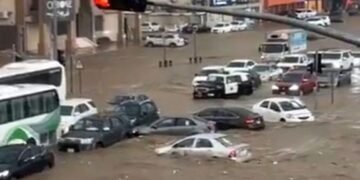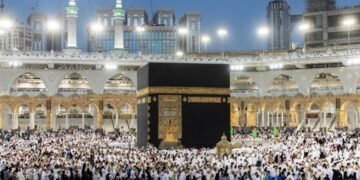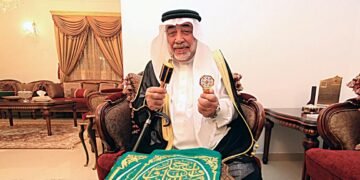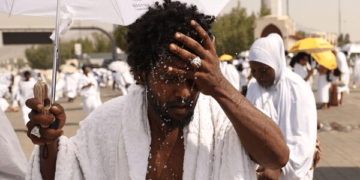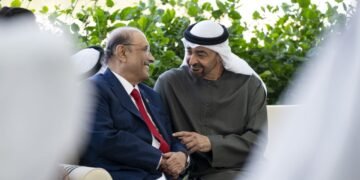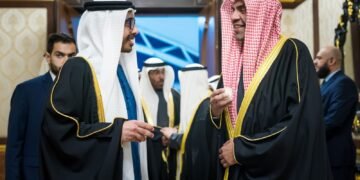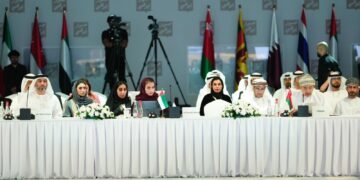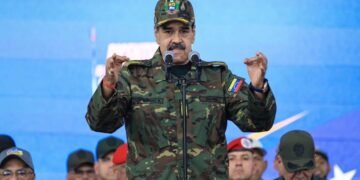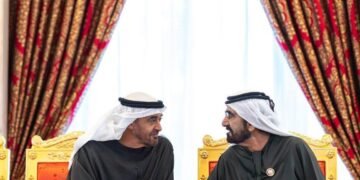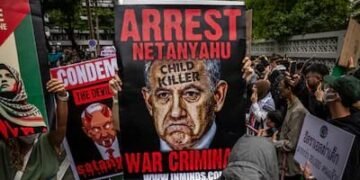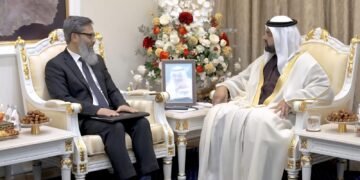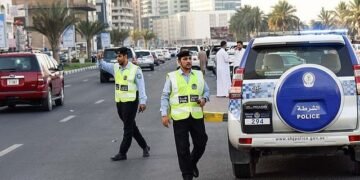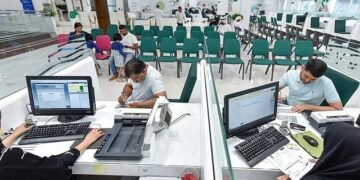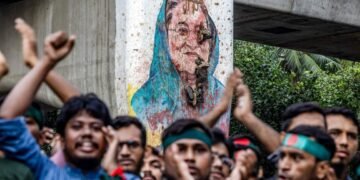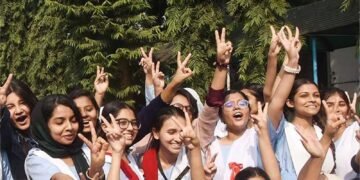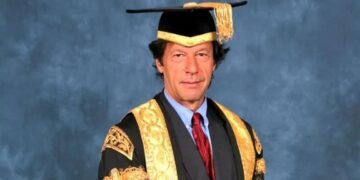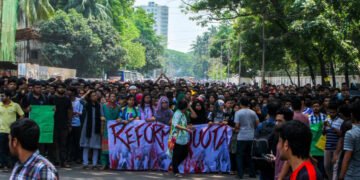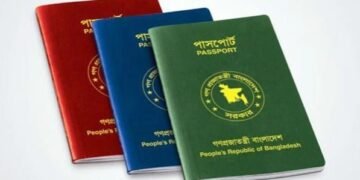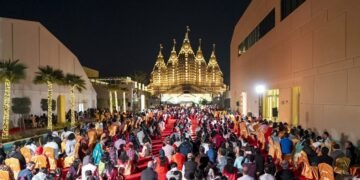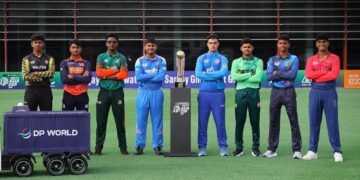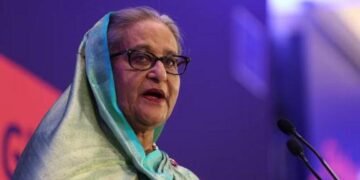Country would be willing to provide troops if the US would be in the leadership role and support steps towards a Palestinian state; Envoy Lana Nusseibeh
The United Arab Emirates has signalled it is willing to send forces to a multinational “stabilisation” mission for Gaza after the Israel-Hamas war, becoming the first nation to say it could deploy boots on the ground in the strip.
The Gulf state said it could deploy its forces if the US provides a leadership role and supports steps towards a Palestinian state. The comments by Lana Nusseibeh, special envoy to the UAE foreign ministry, come as Arab states and the west struggle to devise a viable postwar plan for Gaza.
Nusseibeh told the press that Abu Dhabi had discussed the plans with the US as a step to fill the vacuum in besieged Gaza and address its massive humanitarian and reconstruction needs.
She said the UAE would only take part if invited by the Palestinian Authority, the western-backed body that administers limited parts of the occupied West Bank.
“The UAE could consider being part of the stabilisation forces alongside Arab and international partners. . . at the invitation of a reformed PA, or a PA led by an empowered prime minister, the United States should have the lead on this for it to succeed.”
Envoy Lana Nusseibeh, Foreign Ministry Special, UAE
Nusseibeh said Abu Dhabi had, “and continued to have, conversations on the ‘day after’ with all the concerned actors in the region”.
The Gulf state normalised relations with Israel in 2020 and has maintained communication with the Jewish state since Hamas’s October 7 attack triggered the war and Israel’s retaliatory offensive in Gaza.
Details of the mission, including whether it was a military or police force, were still being discussed.
The US has been encouraging Arab states to take part in a multinational force for Gaza as part of its postwar planning, but it is not expected to deploy American troops.
Diplomats have previously said that Egypt, which shares a border with Gaza, and Morocco, which normalised ties with Israel in 2020, were also considering the plan.
In May, the Arab League called for a UN peacekeeping force to be deployed in Gaza and the West Bank until a Palestinian state was established.
But the notion has been met with scepticism as the deployment of any force would face massive hurdles and depend on Israel’s actions.
Israeli Prime Minister Benjamin Netanyahu has repeatedly rejected any moves towards a Palestinian state. He refuses to countenance any role for the PA in Gaza and insists Israel will retain overall security control there.
He has also rejected Hamas’s demands that Israel withdraw its troops from Gaza at talks mediated by the US, Qatar and Egypt to halt the conflict and secure the release of Israeli hostages.
Other Arab officials have expressed concerns about being seen as entering Gaza on the back of Israeli tanks, and the risks of being drawn into fighting an insurgency there.
However, Nusseibeh said the alternative to the stabilisation mission was “to do more of the same, and that will only lead to more violence, radicalism and suffering for both Palestinians and Israelis”.
The UAE is considered to have one of the best trained Arab armies, and its forces have participated in at least six US-led coalitions since the 1990s, including in Afghanistan, Bosnia-Kosovo, Somalia and the fight against Isis. It also deployed troops in Yemen’s civil war as part of a Saudi-led coalition fighting Iranian-backed Houthi rebels.
It is one of the few states to have a presence on the ground in Gaza as it operates a field hospital in the strip and delivers aid.

